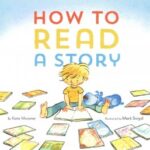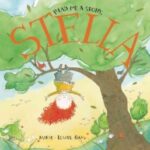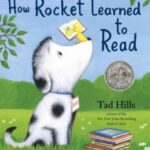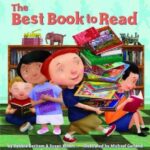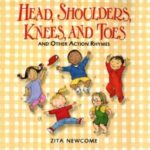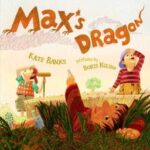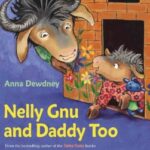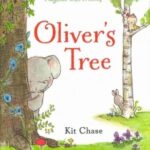The building blocks of literacy are five practices that are fun, easy-to-do, and – the best news is – you’re already doing them! Yep, you heard right: if you play, talk, sing, write, and read to your child, you have already put the building blocks of literacy in place. Those five simple practices will help your young child get ready to read. How great is that? There’s no need for fancy programs, store-bought DVDs, or even an outlet. This new blog series will explore the five early literacy practices and how you can continue doing them with your child. Today’s post will feature reading and playing.
Read together. It doesn’t get any easier than that. Research has proven that a child who is read to and who sees reading as an enjoyable activity will find it easier to learn to read. The Deerfield Public Library is the perfect place to check out books that you and your child will love. As librarians, one of our favorite things to do is find the right book for your child. Whether the topic of the day is dragons or dragonflies, flight or fairies, monsters or monkeys, we can find THE book. And, more than likely, we’ll find you LOTS of books.
Or just browse our stacks and find your own treasures. Picture books, Early Readers, easy chapter books, non-fiction, and magazines are available to read with your child. While you’re here, check out your own books: when your child sees you reading for fun, it emphasizes that reading is something we like to do.
Great Books on Reading:
Play together. Yes, play is an early literacy practice. You’ve just been given permission to have fun! Play can take many forms: dramatic play (anything involving pretending), constructive play (think building blocks), physical play, or arts and crafts. When children play, they are learning to think symbolically: a block becomes a building or a box can be a firetruck. When we read, we understand that words stand for actual objects and real-world experiences.
Let your child take the lead during playtime; support them, play along with them, but don’t direct them. When children are empowered to direct their own play, they learn skills from problem-solving to leadership and more. Playtime can also include print materials, such as menus in a pretend restaurant or a list of animals in the zoo. When children encounter print during play, it helps them see reading as part of their world. Play also helps children build their vocabularies, make sense of the world around them and be socially adept.
Playful Titles:


